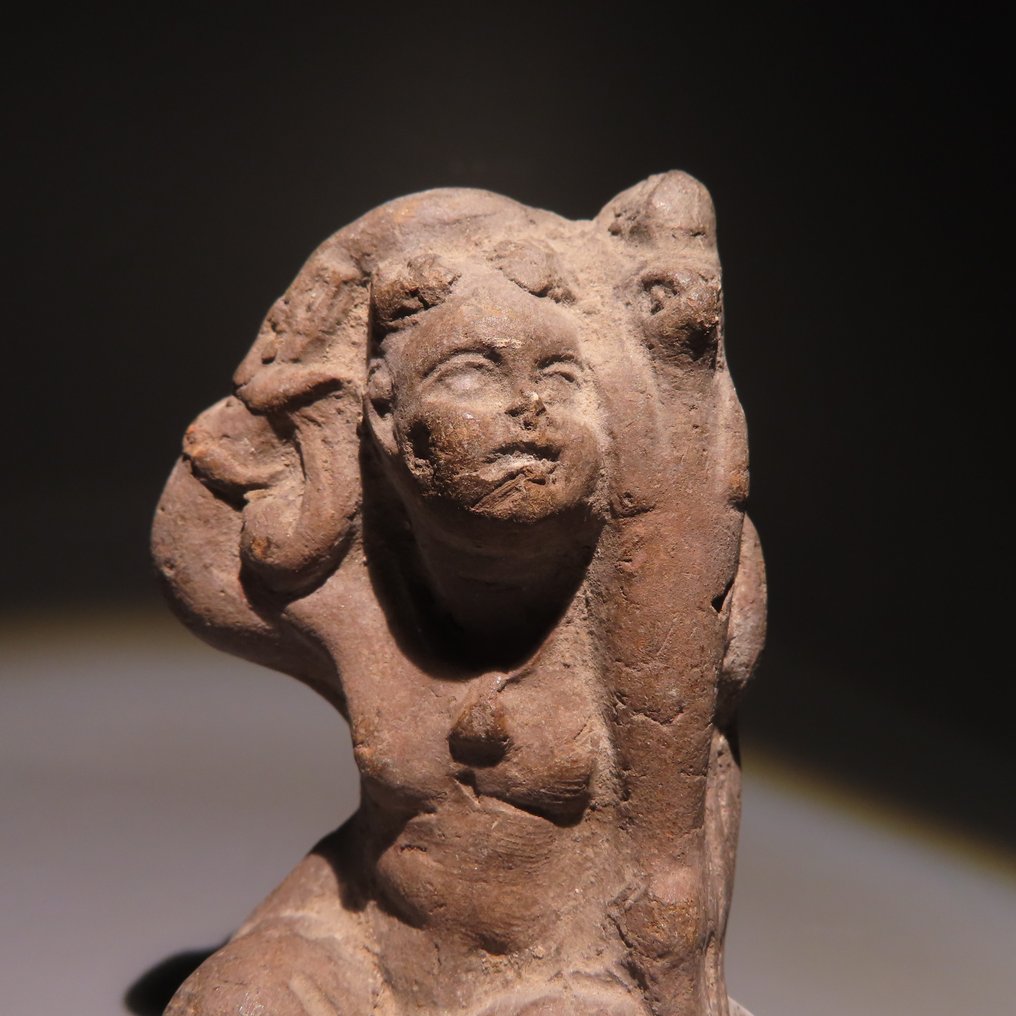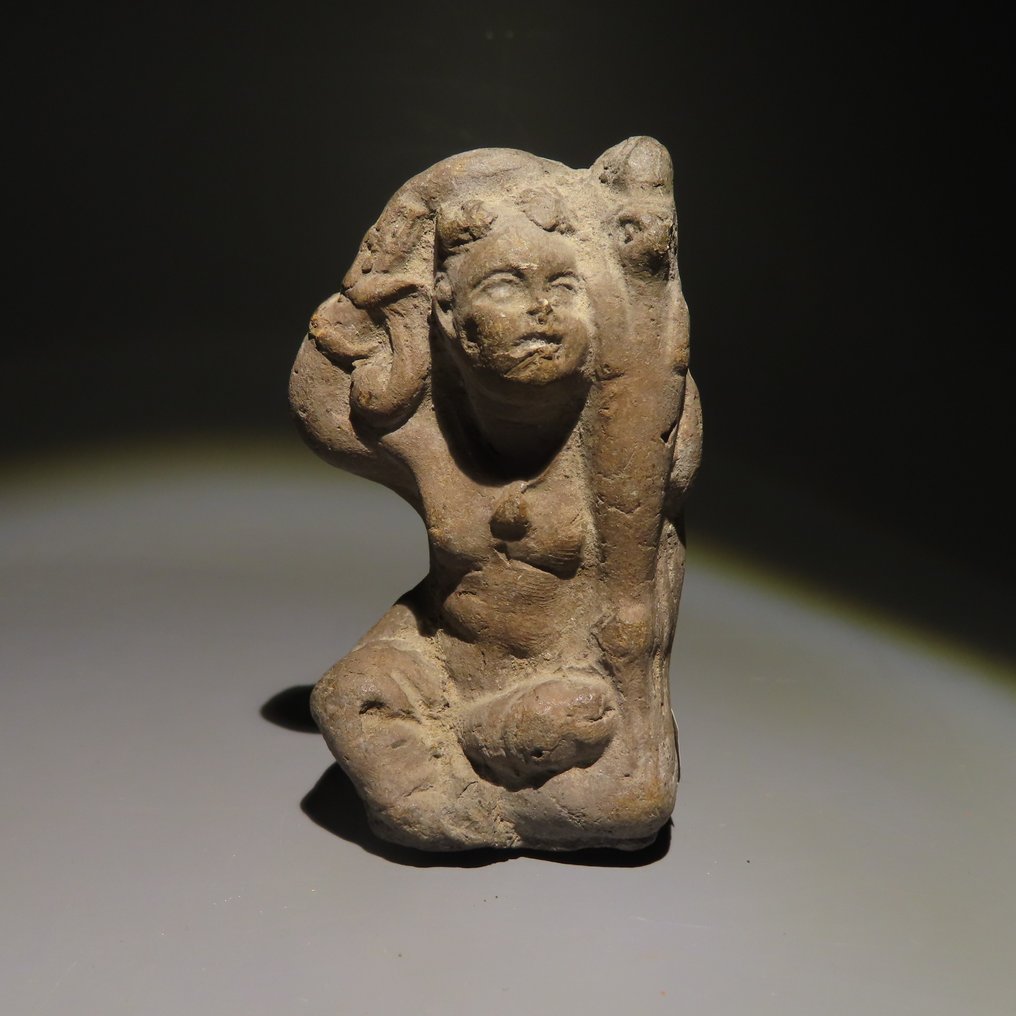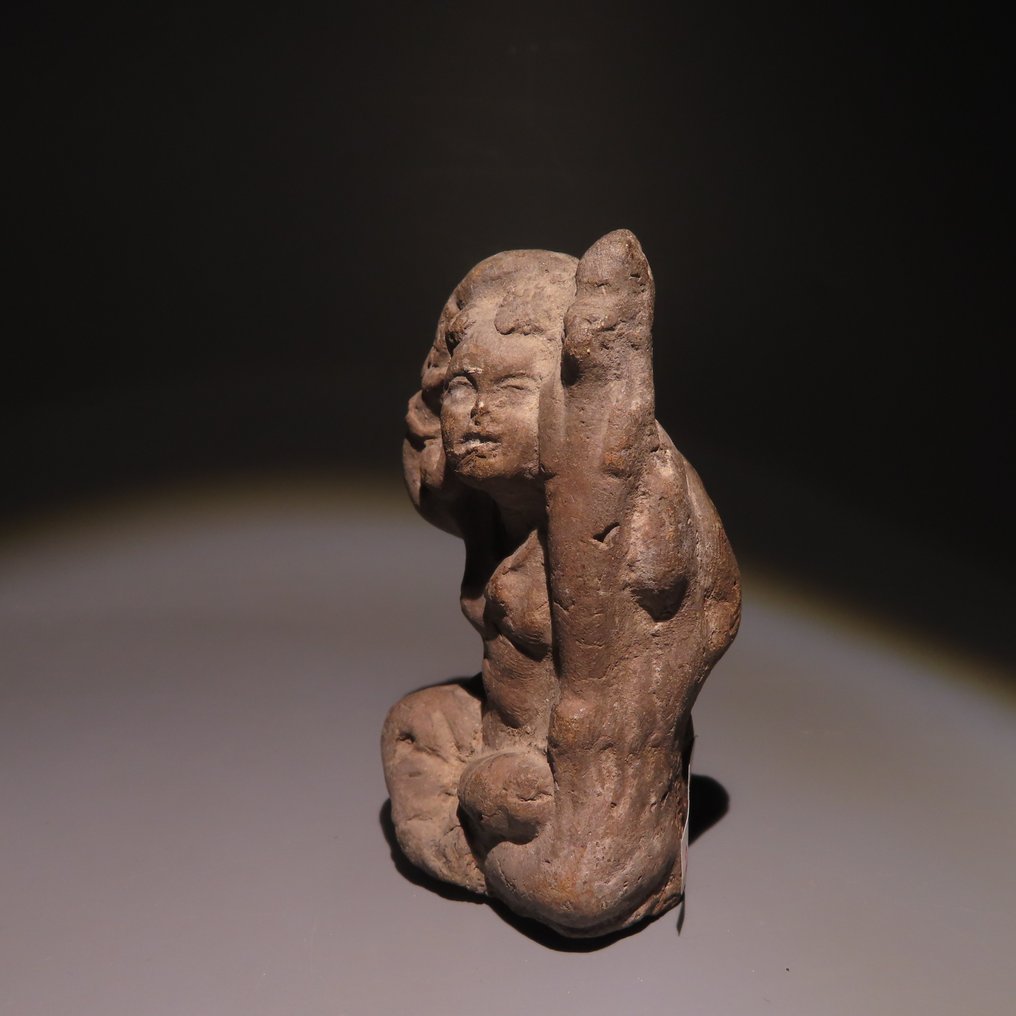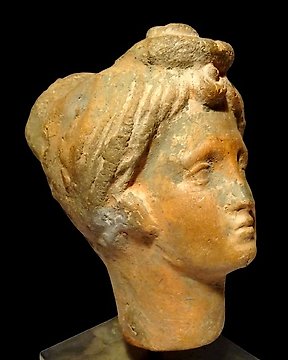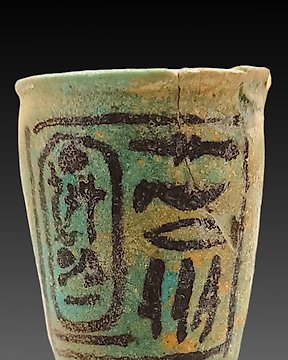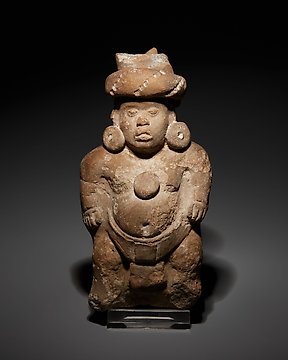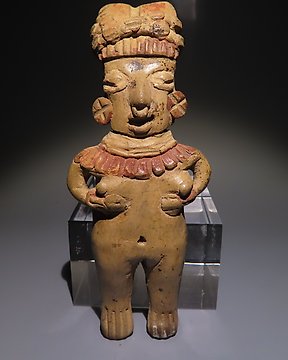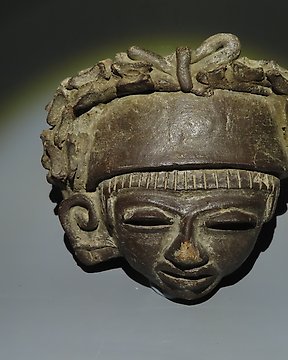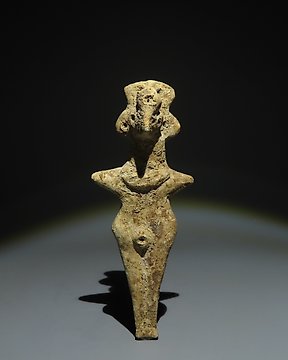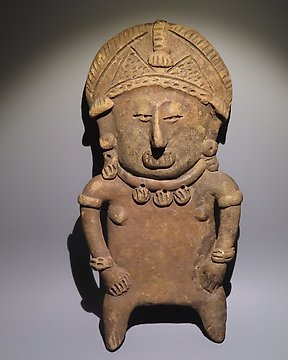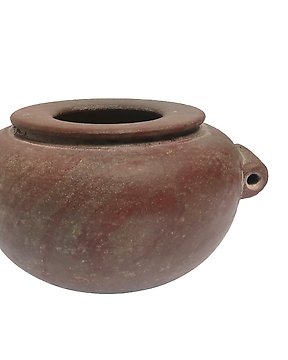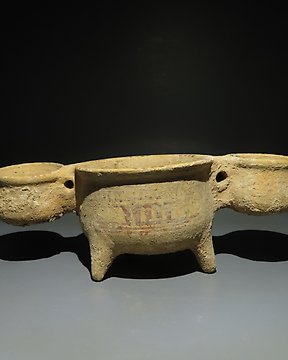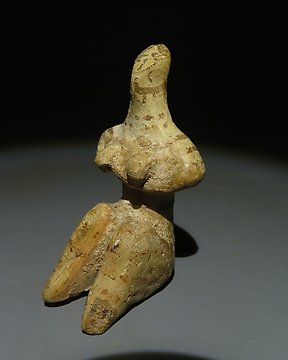Disclaimer
Il venditore garantisce e può provare che l’oggetto è stato ottenuto legalmente. Il venditore è stato informato da Catawiki di dover fornire la documentazione richiesta dalle leggi e dai regolamenti del suo Paese di residenza. Il venditore garantisce ed è autorizzato a vendere/esportare questo oggetto. Il venditore fornirà all’acquirente tutte le informazioni di provenienza note sull’oggetto. Il venditore garantisce che tutti i permessi necessari sono/saranno predisposti. Il venditore informerà immediatamente l’acquirente di eventuali ritardi nel rilascio di tali permessi.
Il venditore garantisce e può provare che l’oggetto è stato ottenuto legalmente. Il venditore è stato informato da Catawiki di dover fornire la documentazione richiesta dalle leggi e dai regolamenti del suo Paese di residenza. Il venditore garantisce ed è autorizzato a vendere/esportare questo oggetto. Il venditore fornirà all’acquirente tutte le informazioni di provenienza note sull’oggetto. Il venditore garantisce che tutti i permessi necessari sono/saranno predisposti. Il venditore informerà immediatamente l’acquirente di eventuali ritardi nel rilascio di tali permessi.
